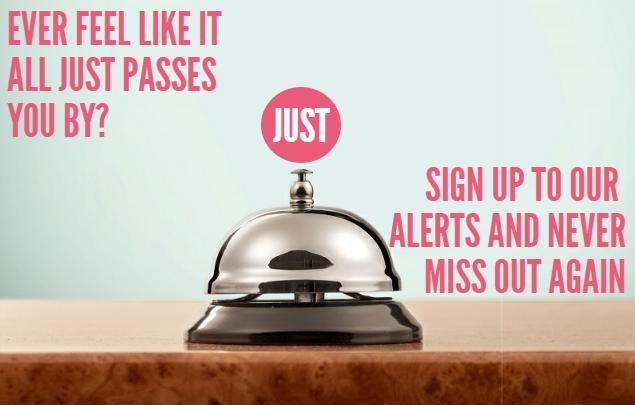During the summer, it was almost impossible to get away from the stars of British cycling, from Bradley Wiggins becoming the first Brit to win the Tour de France, then winning Olympic gold together with Hoy, Pendleton, Trott, Kenny et al. Since then, we’ve seen an increase in the number of cyclists commuting to work, alongside an increase in requests to improve the cycling infrastructure in our towns and cities. But does encouraging people to cycle to work make economic sense, both for cities and companies? With tight budgets all round, could the money be put to better use elsewhere? Not surprisingly, CTC, the cyclists’ organisation, makes a strong case for the economic benefits of cycling. They claim that cyclists take 15% per cent fewer days off work through illness than non-cyclists; a fitter healthier workforce translates into a more productive workforce. Journey times for cyclists are more consistent than other modes of transport so cyclists are less likely to be delayed coming into the office.
The London School of Economics back up the CTC’s claims by stating that the health benefits of cycling save the UK economy £128m per year in less absenteeism; that each cyclist generates a ‘gross cycling product’ of £230 per annum; and that the overall contribution of cyclists in economic and social benefits is £2.9bn per year. Cycling is good for cities and towns also. Research from the States shows that encouraging cycling has a positive knock-on effect to the local economy, with cyclists spending 47% more in local shops than car users. Every $1m spent on cycling infrastructure produces 11.4 jobs. A number of UK cities have followed the US lead and have invested heavily in cycle facilities. Manchester has just opened its first ‘bike-park’ with secure storage facilities for 200 bikes and lockers and showers for cyclists, with a built-in bike shop for repairs. Their aim is to make cycling ‘the norm’ for people living in the city region. It is to be hoped that the enthusiasm for bringing the Tour de France to Yorkshire will encourage councils on this side of the Pennines to encourage more people to cycle by providing better facilities. Cycling makes us fitter, more productive and is better for the local economy. So what can you do as an employer to encourage your workforce to cycle? Sign up for the Cycle to Work scheme, which reduces the cost of bikes, and look at installing showers or providing membership to a local gym. Replacing car parking spaces with cycle parking facilities will not only encourage cycling but will save the firm money. GlaxoSmithKline made a decision to spend £400 per year per cyclist in their headquarters in Brentford instead of £2000 per parking space; they have seen an increase in the number of staff cycling to work from 50 to 450 (out of 3,600).
Encouraging cycling is also a great way to get staff involved in corporate social responsibility: not only will your employees be reducing their own carbon emissions, you can also encourage them to use bikes on work journeys. More and more people are seeing a CSR strategy as a hygiene factor when deciding whether to join a company; having a clear plan to encourage cycling will enable you to attract the best employees. So, cycling to work is a clear win-win-win situation: it’s good for your business by producing a more productive workforce; it’s good for the local economy as cyclists spend more: and it’s also good for those of us who may indulge too much in the mince pies over the Christmas period! Will the "Wiggo effect" get more staff asking for it and more employers offering it? Guest Blogger Stuart Clarke Stuart is Head of Corporate Relationships for TD Wealth International and writes in a personal capacity https://twitter.com/stuartclarkeuk



